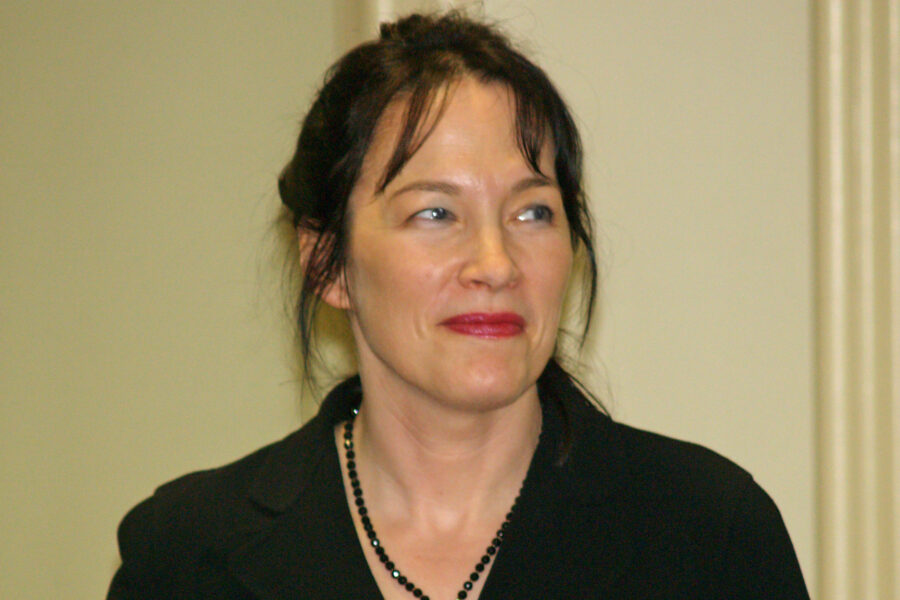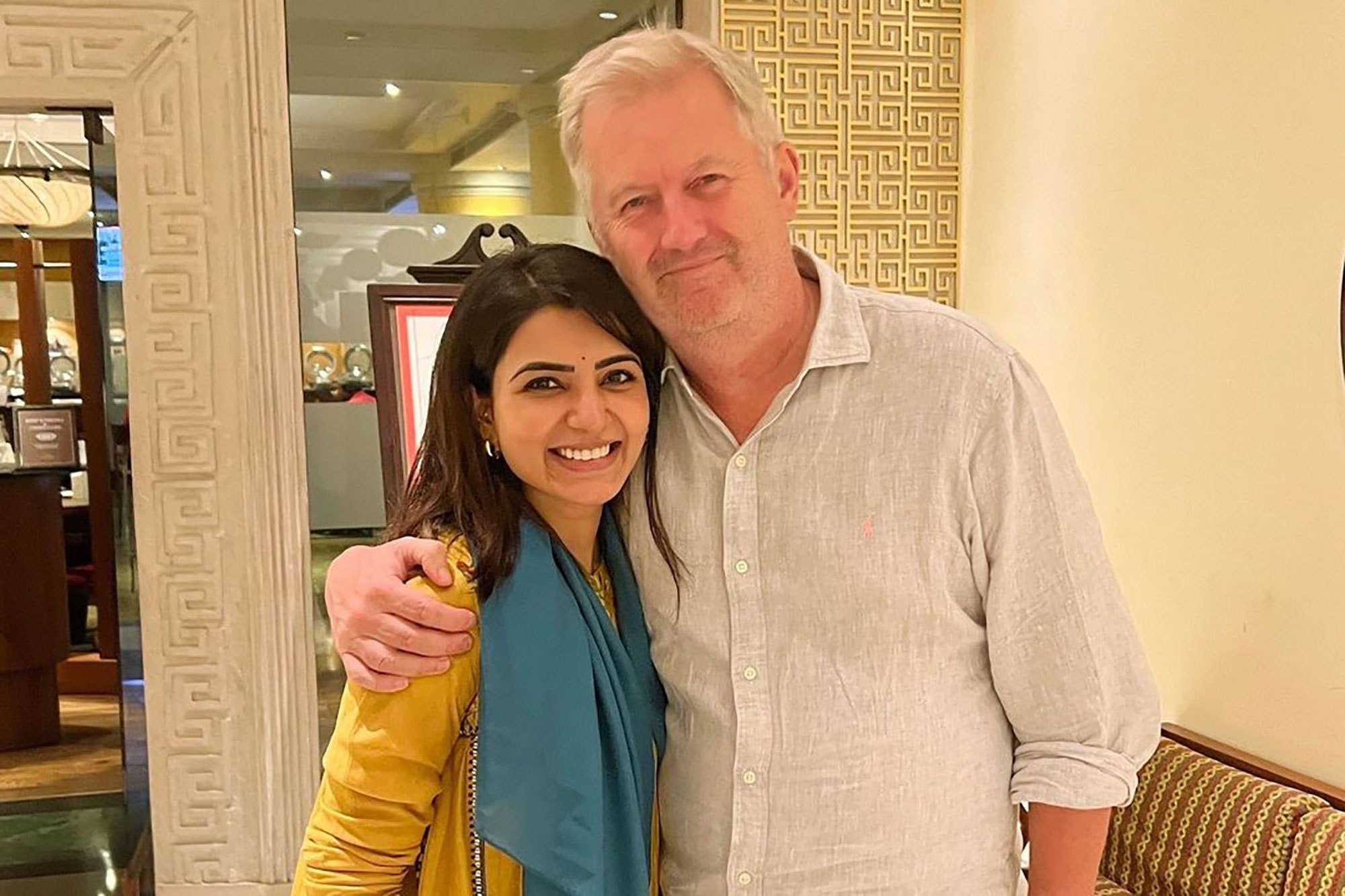The rape conviction of Anthony Broadwater, that formed the centre of Alice Sebold’s 1999 novel Lucky, was overturned by a judge on Tuesday, after a possible screen adaptation raised concerns that the wrong man had been sent to jail, according to an Associated Press report.
Sebold was raped in 1981, when she was a first-year student at Syracuse University. Although she had reported the crime to the police and an investigation was carried out, no suspects were identified.
Months later, she came across a Black man on the street in the same area, Broadwater, who reminded her of the attacker. She described their meeting in her memoir Lucky. “He was smiling as he approached. He recognized me. It was a stroll in the park to him; he had met an acquaintance on the street,” wrote Sebold. “‘Hey, girl,’ he said. ‘Don’t I know you from somewhere?’”
Broadwater was arrested after Sebold notified the police. Though she had picked out a different man in a police lineup, Sebold testified against Broadwater, who was convicted in 1982 based on her identification in court and microscopic hair analysis had tied him to the crime. He finished his prison term in 1999 but remained on New York’s sex offender registry.
It was only when the story was in the process of being filmed that Tim Mucciante of Red Badge Films became sceptical of Broadwater’s guilt.
Sebold, who also authored the award-winning book The Lovely Bones that went on to be adapted for the screen in 2003, had written in Lucky that she was informed that she had picked out a different person from the man she had previously identified as her rapist. She had responded that she found Broadwater “almost identical” to her attacker. “A panicked white girl saw a black man on the street. He spoke familiarly to her and in her mind she connected this to her rape. She was accusing the wrong man,” she wrote.
Recommended
Mucciante, who was supposed to serve as the executive producer for Lucky’s film adaptation, also realised that the only forensic evidence presented at Broadwater’s trial had since been deemed “junk science” by the US Department of Justice. Taking a personal interest in the case, he dropped out of the project earlier this year and contacted a defence lawyer, who then got the conviction overturned.
Broadwater told AP that the rape conviction had severed his relationship with friends and family, and also blighted his job prospects.
The fate of the film adaptation of Lucky remains unclear in view of Broadwater’s exoneration.


